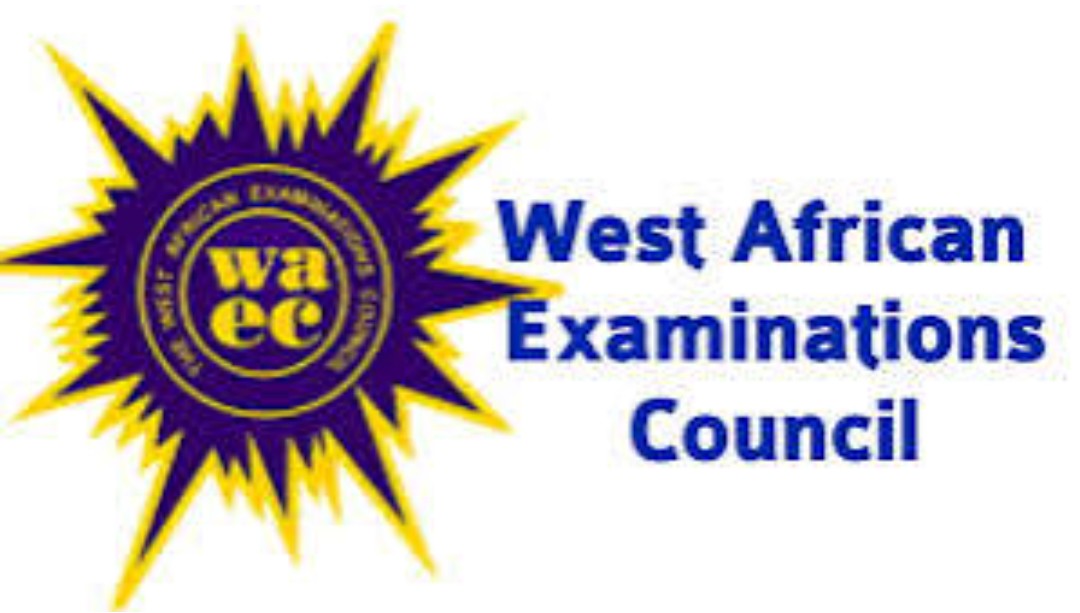Education is one of the most powerful tools, which can lead to national development. It acts as a driving force for economic growth, social progress and political stability. This article discusses in depth how education plays a complex and wide role in fostering national development, with the help of data and scholarly sources.
The link between education and economic development is well- established. Educated human capital increases productivity and innovation. According to World Bank, one year of schooling raises an individual’s earnings by 10% on average. Countries with high levels of educational attainment tend to have higher GDP per capita. For instance, in countries like South Korea and Finland, strong education systems have underpinned rapid economic growth and technological advancements.
UNESCO’s report highlights that each extra year of school attendance increases average annual GDP growth by 0.37%. This relationship underscores the significance of education for economic planning and policy-making. The dividends from investing in education are tremendous not only for individual incomes but also for national economic security and prosperity.
Social development and unity are facilitated by the learning process. It facilitates critical thought, acceptance and empathy amongst people thus enabling a more peaceful society. Educated societies are more civic-minded, engage in volunteerism and contribute to community wellbeing.
Moreover, education can help address social disparities. For instance, higher levels of education result in lower levels of income inequality as was found by OECD. Actually, it is through education that marginalized groups get empowered hence improving their social economic statuses. To illustrate this point, the increased access to education for women has been a major contributor to gender parity in various regions across the globe.
Political stability and good governance depend on an educated citizenry. Education enhances political literacy and participation which are crucial for effective democracy. Informed citizens possess knowledge about politics that encourages them to take part in political activities such as holding leaders accountable and advocating for good governance.
The World Values Survey data shows that the higher one’s level of education, the more he/she tends to involve in politics and supports democratic norms. In countries where civic education and critical thinking are given prominence, political stability is usually more durable while susceptibility to authoritarianism is minimal.
Introduction
Finland has a globally admired education system due to its quality and fairness. PISA consistently demonstrates high performance by Finnish students. The Finnish experience in teacher training, student welfare, and innovative pedagogy has contributed to its educational successes.
Moreover, Finland’s way of doing things with respect to matters concerning schooling have had huge impacts on both economic and social aspects. This country has a well educated work force which ensures there is a lot of innovation thus making it competitive economically. Furthermore, it promotes social unity through its teaching approach which results in a highly trusted society characterized by few differences between classes.
South Korea as an Example
South Korea changed from being an impoverished nation into one of the leading economies worldwide thanks to the power of education. Governmental commitment towards educating the masses during the 60s’ through 70s’ formed basis for quick economic transformation.
With an emphasis on STEM education and vocational training, South Korea has equipped its workforce with the appropriate skills for a technology-driven economy, which has enabled it to become a leader in electronics, automotive and information technology.
Despite the fact that there is no doubt that education promotes national development, several countries are facing difficulties implementing it maximally. Inadequate funding, poor infrastructure and educational inequalities hinder progress. For example, in sub-Saharan Africa alone over 32 million children of primary school age are out of school according to UNESCO.
Dealing with such challenges requires holistic approaches that put education first in national development agendas. Governments should therefore allocate substantial resources to educations, improve teacher’s training as well as ensure quality education access by all children. Otherwise, international cooperation and investment is crucial for supporting educational systems in developing nations.
Education is an undisputed pillar of every country’s development. This growth in economy, progress in society and stability in politics are all underpinned by education. The experiences of countries like Finland and South Korea are indicative of how powerful education can be. It therefore follows that nations must invest in their education systems to facilitate the availability of skills for the well-being of individuals and betterment of their countries.
In a world where information rules, where new knowledge and abilities are everything, education remains the matchless instrument which can help construct prosperous, equitable and stable societies.











